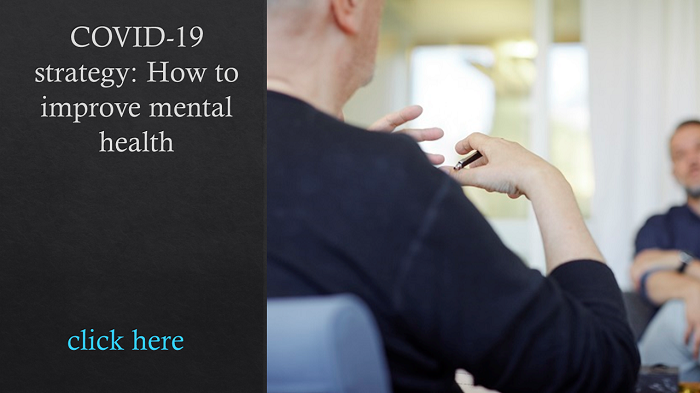With all of the social upheaval over the last year-and-a-half, Americans have had enough and are showing signs of extreme sensitivity, one expert says. And, it’s bound to bleed into the workplace.
“Physical threat. Uncertainty. The social debate around mask and vaccine mandates; all these things are adding up to be micro assaults on our minds, and it adds up,” Louis Gagnon, CEO of mental health platform Total Brain said Tuesday during the National Alliance of Healthcare Purchaser Coalitions’ annual event.
That environment is having a huge impact on employee mental health, added Mike Thompson, CEO of the alliance. From the macro level—home life, job security, etc.—to the micro level such as relationships with supervisors, those factors are all influencing employees’ overall health and wellbeing.
“We have a crisis,” Thompson said. “The access and quality of mental health services is inadequate.”
See also: What World Mental Health means to these top HR leaders
 The pandemic has, however, brought mental health to the forefront for many employers, said Colleen McHugh, executive vice president of the HR Policy Association. “It’s engaged the C-suite in a way that I think is very positive. A lot of corporate leaders are talking about it more than they would have in the past.”
The pandemic has, however, brought mental health to the forefront for many employers, said Colleen McHugh, executive vice president of the HR Policy Association. “It’s engaged the C-suite in a way that I think is very positive. A lot of corporate leaders are talking about it more than they would have in the past.”
While the pandemic turned HR upside-down and forced leaders to deal with a wide range of challenges, making sure employees are safe, including when it comes to their mental health, should be their first task. Importantly, mental health should be a key foundation in healthcare plans, she said.
“We’ve separated our head from the rest of our body,” she said. “It’s really time to integrate mental health into the core overall benefits package.”